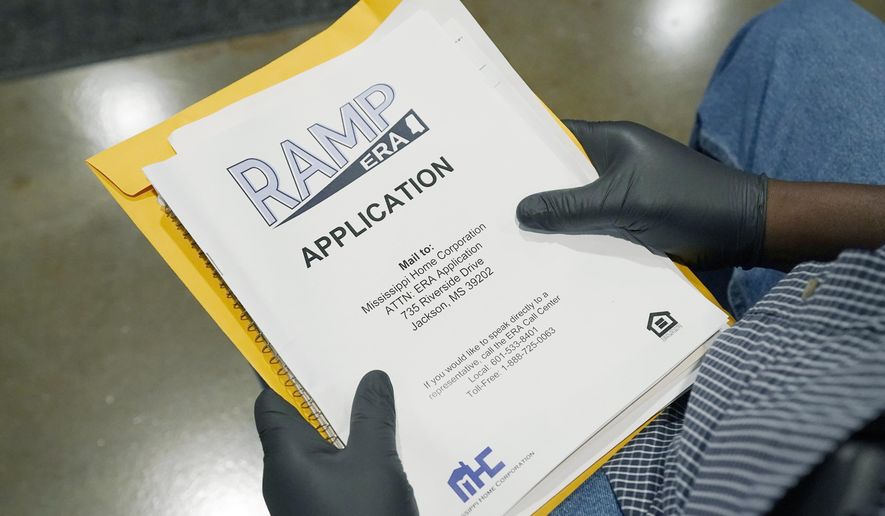Criminal organizations backed by the Chinese and Russian governments have been linked to pandemic fraud, the U.S. Secret Service confirmed to Congress on Wednesday.
David Smith, an assistant director at the agency, declined to go into details but said they made the links based on financial data.
“There are some commonalities between some of the thousands of bank accounts we’ve seen to move illicitly gained pandemic fraud resources that are also being used by some of those transnational criminal organization groups,” Mr. Smith told the House Oversight and Accountability Committee.
He said investigators also spotted a major Nigerian gang that branched out from its normal activities to try to grab U.S. pandemic assistance.
Authorities have previously hinted at the international aspect of pandemic fraud, but have been reluctant to reveal too much about it.
Mr. Smith acknowledged a report late last year that identified APT41, a hacker outfit backed by China’s government. NBC said APT41 stole at least $20 million from pandemic programs aimed at helping the unemployed and small businesses.
Mr. Smith said he wouldn’t speculate on whether the fraud was specifically ordered by the Chinese government.
The Washington Times has reported on one expert’s projection that foreign state-backed criminal syndicates may have stolen $140 billion in unemployment money.
Mr. Smith was testifying as part of the new House GOP majority’s first hearing on pandemic fraud.
Oversight Chairman James Comer ticked off fraud estimates: Up to $400 billion in total bogus pandemic unemployment claims, more than $100 billion in fraudulent Small Business Administration loans and $266 billion in erroneous Medicaid payments.
Mr. Comer, Kentucky Republican, called it “the greatest theft of American taxpayer dollars in history.”
The watchdog officials who testified were reluctant to put firm numbers on the overall scope of the fraud, saying it will take years before that’s known.
Comptroller General Gene Dodaro said there have been 1,000 guilty pleas or convictions related to pandemic fraud, but there are still more than 600 pending cases, the inspector general at the Small Business Administration has 536 active investigations and the Labor Department’s inspector general is opening 100 new cases every week.
“This is going to go on for a while,” Mr. Dodaro said.
Democrats said the blame for fraud lies with outdated government systems that weren’t ready to handle the crush of applications, and with the Trump administration that was slow to require government agencies to do simple fraud checks.
“The Trump administration regularly told agencies to ignore data reporting requirements,” said Rep. Jamie Raskin of Maryland, the top Democrat on the committee.
Mr. Dodaro said the administration faced “trade-offs” between getting money out the door quickly and doing fraud checks.
He said things have gotten better, but agencies are still moving slowly on some recommendations to block fraud.
“Unless we make these changes we’re not better prepared for the future,” he said.
Mr. Smith, an assistant director at the Secret Service, said the pandemic revealed a shocking willingness of people to steal.
“I often say the pandemic didn’t create any new criminals, it just provided more opportunities for them to exploit,” Mr. Smith said.
For more information, visit The Washington Times COVID-19 resource page.
• Stephen Dinan can be reached at sdinan@washingtontimes.com.




Please read our comment policy before commenting.